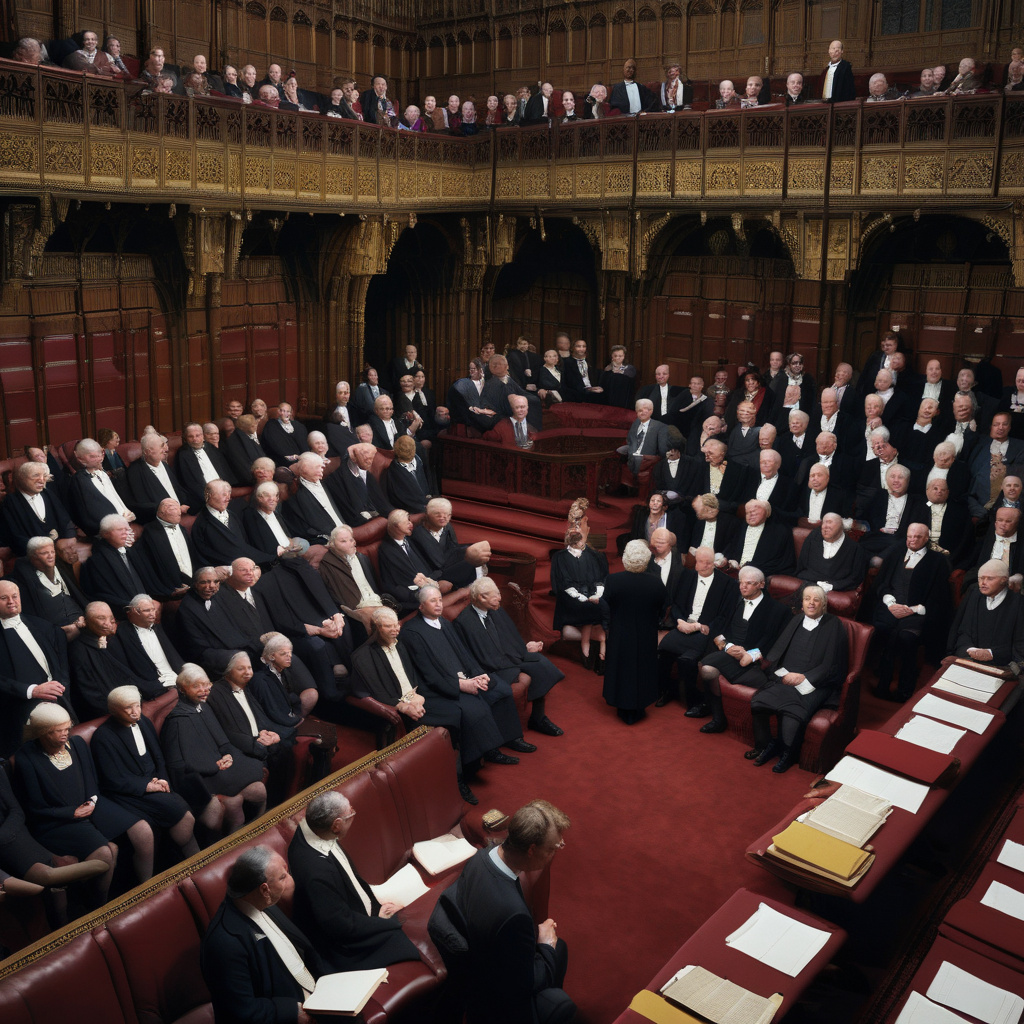Lords Reject UK AI Copyright Bill Again
The intersection of artificial intelligence (AI) and copyright law has once again sparked heated debate in the UK, as the House of Lords recently rejected the AI copyright bill. This decision reflects the ongoing tension between technological advancement and the protection of artists’ rights and fair compensation.
At the heart of the matter is the concern that AI development should not overshadow the creative efforts of artists. While AI has the potential to revolutionize various industries, including music, art, and literature, it also raises critical questions about intellectual property rights and ownership. The House of Lords’ rejection of the bill underscores the importance of striking a balance between innovation and the safeguarding of creators’ interests.
One of the key issues at stake is the question of whether AI-generated works should be granted the same copyright protection as human-created content. Proponents of the bill argue that AI has the capacity to produce original and compelling works that deserve legal recognition and protection. However, opponents raise valid concerns about the implications of granting copyright to non-human entities, particularly in terms of attribution, royalties, and creative control.
Moreover, the House of Lords’ stance reflects a broader commitment to upholding the principles of fair compensation and ethical use of AI-generated content. By rejecting the bill, the Lords are sending a clear message that technological innovation should not come at the expense of artists’ livelihoods and creative rights. This decision aligns with efforts to ensure that creators are fairly rewarded for their work and that the integrity of the creative process is preserved in an increasingly digital landscape.
The rejection of the AI copyright bill by the House of Lords underscores the need for comprehensive and forward-thinking legislation that addresses the complex interplay between AI and copyright law. As AI continues to reshape the creative landscape, policymakers must consider the ethical, legal, and economic implications of these advancements. By prioritizing the protection of artists’ rights and promoting fair compensation, the UK can establish itself as a leader in fostering innovation while upholding the values of creativity and originality.
In conclusion, the House of Lords’ rejection of the UK AI copyright bill highlights the ongoing debate surrounding AI, copyright, and the rights of artists. By taking a stand in favor of creators’ interests, the Lords are championing a vision of technological progress that is both innovative and ethically responsible. As the conversation around AI and copyright continues to evolve, it is essential to prioritize the protection of artists’ rights and ensure a fair and sustainable creative ecosystem for all stakeholders involved.
AI, Copyright, UK, Artists’Rights, Innovation












